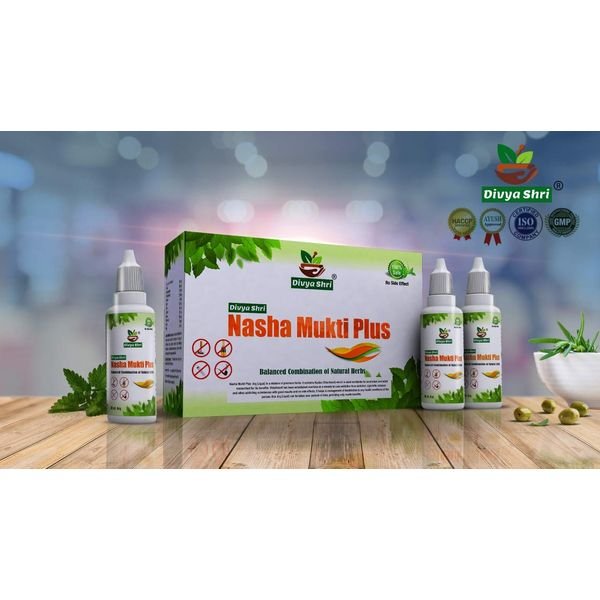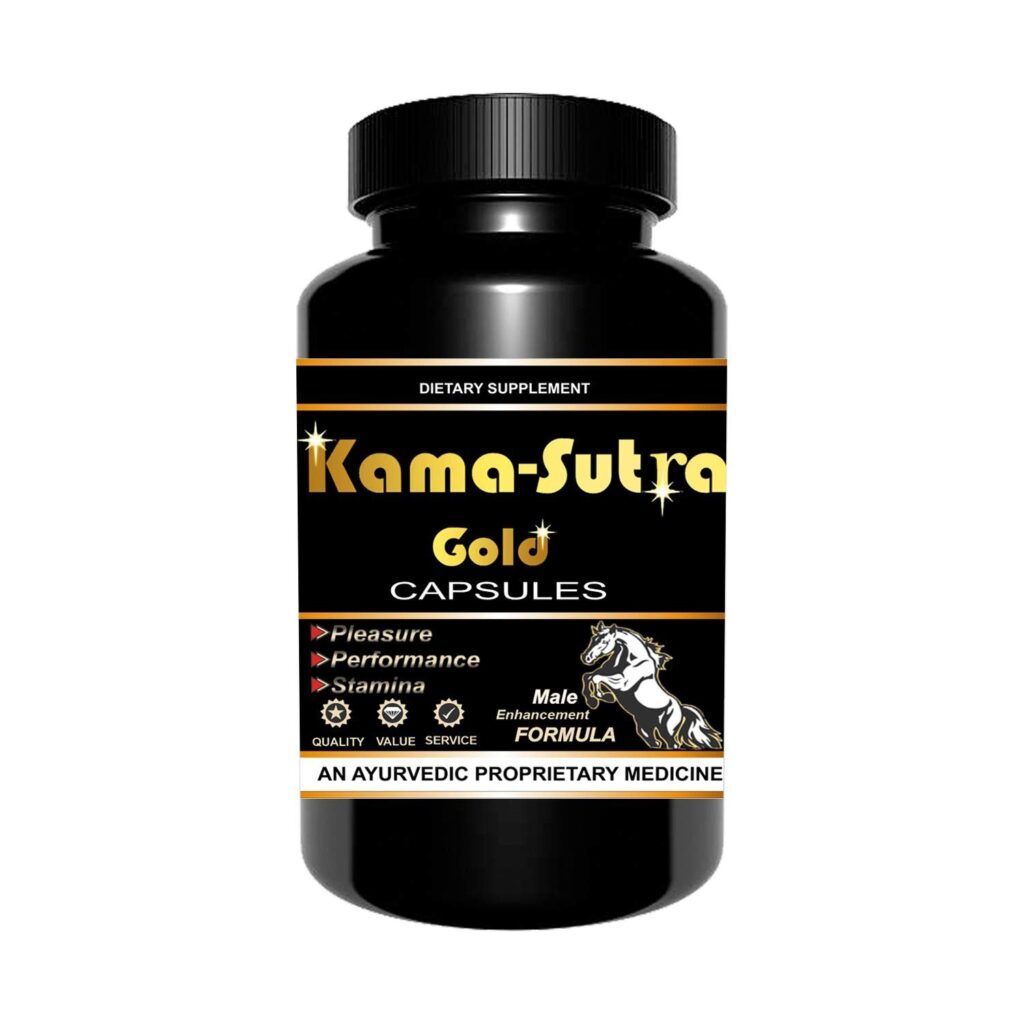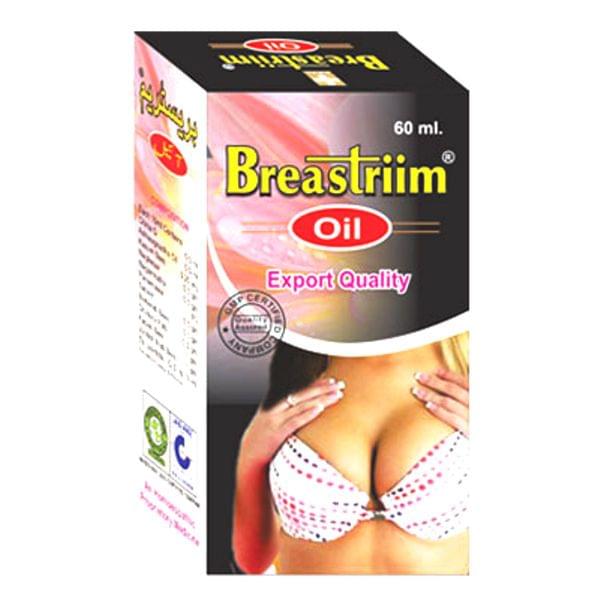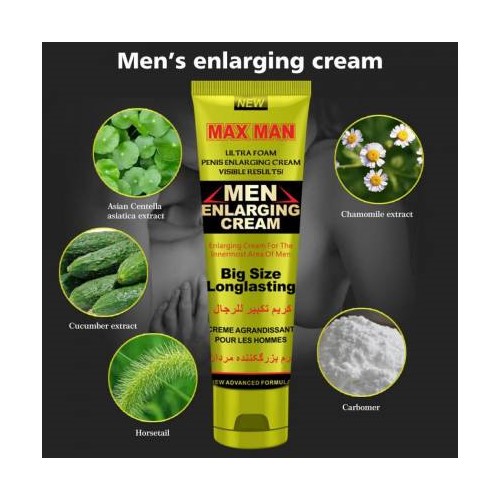Bakuchi oil, derived from the seeds of the Psoralea corylifolia plant, has been a cornerstone in Ayurvedic medicine for centuries. This powerful oil is renowned for its ability to treat a variety of skin conditions, leveraging the ancient wisdom of Ayurveda to promote healing and rejuvenation. In ‘Harnessing Ayurveda: The Therapeutic Uses of Bakuchi Oil for Skin Care,’ we delve into the historical context, therapeutic benefits, scientific backing, and practical applications of Bakuchi oil, providing a comprehensive guide to its role in natural skin care.
Key Takeaways
- Bakuchi oil is a traditional Ayurvedic remedy with significant historical relevance, known for its skin healing properties.
- It offers therapeutic benefits for conditions like vitiligo, psoriasis, eczema, and has anti-aging and acne control effects.
- Scientific research supports the pharmacological potential of Bakuchi oil’s active components, particularly psoralen.
- There are various ways to incorporate Bakuchi oil into daily skin care routines, with an emphasis on safety and synergistic combinations.
- Continued research and innovation in Ayurvedic skin care promise to further unveil the potential of Bakuchi oil in modern therapeutic practices.
Unveiling Bakuchi Oil: An Ayurvedic Treasure
Origins and Historical Significance
Bakuchi oil, derived from the seeds of the Psoralea corylifolia plant, has been a cornerstone in Ayurvedic medicine for centuries. Its use dates back to ancient times, where it was celebrated for its skin healing properties.
- The oil was traditionally used by Ayurvedic practitioners to treat a variety of skin disorders.
- It was also known for its ability to promote the pigmentation of the skin, making it a valuable remedy for conditions like vitiligo.
Bakuchi oil’s historical significance is deeply rooted in its perceived potency and versatility in treating skin ailments, which has been passed down through generations of Ayurvedic practice.
The geographical distribution of Psoralea corylifolia primarily spans across the Indian subcontinent, which facilitated its integration into local medicinal practices. Its enduring legacy in Ayurveda is a testament to the oil’s therapeutic potential.
Key Components and Their Properties
Bakuchi oil, derived from the seeds of the Psoralea corylifolia plant, is rich in a variety of bioactive compounds. Psoralen, the most notable component, is celebrated for its skin repigmentation properties. This oil also contains essential oils, fatty acids, and other phytochemicals that contribute to its therapeutic effects.
The following table outlines the key components found in Bakuchi oil and their respective properties:
| Component | Property |
|---|---|
| Psoralen | Promotes skin pigmentation |
| Essential Oils | Antimicrobial, Aromatic |
| Fatty Acids | Nourishes skin, Anti-inflammatory |
| Phytochemicals | Antioxidant, Anti-aging |
Bakuchi oil’s unique composition makes it a potent remedy for various skin conditions, harnessing the power of Ayurveda to promote healing and rejuvenation.
Regular application of Bakuchi oil can lead to improved skin texture and tone, making it a valuable addition to any skin care regimen. Its ability to harmonize with the body’s natural processes is a testament to the wisdom embedded in traditional Ayurvedic practices.
Comparative Analysis with Other Ayurvedic Oils
Bakuchi oil, derived from Psoralea corylifolia, stands out in the realm of Ayurvedic skincare due to its unique composition and therapeutic effects. When compared to other Ayurvedic oils, Bakuchi oil exhibits a distinctive profile of phytochemicals, primarily psoralen, which is renowned for its skin repigmentation properties.
While oils like neem and turmeric are celebrated for their anti-inflammatory and antibacterial benefits, Bakuchi oil’s ability to stimulate melanocytes sets it apart, making it a preferred choice for conditions like vitiligo. Below is a comparison of Bakuchi oil with two other prominent Ayurvedic oils:
- Neem Oil: Known for its potent antiseptic properties, it’s often used to treat skin infections and improve overall skin health.
- Turmeric Oil: Rich in curcumin, it offers strong anti-inflammatory and antioxidant benefits, aiding in the healing of wounds and prevention of skin aging.
Bakuchi oil’s unique ability to address skin depigmentation, while also possessing antimicrobial and anti-inflammatory qualities, underscores its versatility in skin care.
The popularity of Greenwood Essential Pure Babchi (Bakuchi) Oil is a testament to its efficacy and the growing interest in natural, therapeutic-grade skincare solutions.
Therapeutic Benefits of Bakuchi Oil for Skin
Natural Treatment for Vitiligo
Bakuchi oil has been revered in Ayurveda for its potential to treat vitiligo, a condition characterized by the loss of skin pigmentation. The oil is believed to stimulate the melanocytes, the cells responsible for producing melanin, thereby promoting the repigmentation of the skin.
Consistent application of Bakuchi oil, as part of a holistic treatment plan, can lead to gradual and noticeable improvements in the appearance of vitiligo patches.
While individual experiences with Bakuchi oil may vary, many users report positive outcomes. For instance, a structured regimen involving the oil’s application can yield results over time:
- Initial application to small, targeted areas
- Gradual increase in usage as tolerated by the skin
- Monitoring for any signs of skin irritation or adverse effects
- Persistence in treatment, often extending over several months
It is important to note that patience and consistency are key when using Bakuchi oil for vitiligo. As highlighted in customer feedback, significant changes are typically observed with prolonged use.
Combatting Psoriasis and Eczema
Bakuchi oil has been revered in Ayurveda for its potent therapeutic effects, particularly in treating skin conditions like psoriasis and eczema. Its anti-inflammatory and antimicrobial properties make it an excellent natural remedy for these chronic skin disorders. The oil works by soothing the skin, reducing redness, and helping to heal the patches of dry, itchy skin characteristic of these conditions.
Psoralen, a key component of Bakuchi oil, is believed to play a crucial role in its effectiveness against psoriasis and eczema. This compound can help in regulating the abnormal skin cell growth and immune response that are typical in these diseases.
Regular application of Bakuchi oil can significantly alleviate the discomfort associated with psoriasis and eczema, offering a gentle yet effective alternative to conventional treatments.
While Bakuchi oil can be beneficial, it’s important to use it correctly to avoid any potential skin irritation. Below is a list of best practices for using Bakuchi oil for psoriasis and eczema:
- Start with a patch test to ensure there is no adverse reaction.
- Dilute Bakuchi oil with a carrier oil before application to minimize irritation.
- Apply the oil blend to affected areas once or twice daily.
- Use consistently over several weeks to observe improvements.
Anti-aging and Skin Rejuvenation
Bakuchi oil, a potent Ayurvedic remedy, has gained prominence for its remarkable anti-aging effects. Rich in antioxidants, it helps in reducing the visible signs of aging such as wrinkles and fine lines. The oil’s ability to promote collagen production is a cornerstone in maintaining skin elasticity and firmness.
Psoralen, the active compound in Bakuchi oil, is known for its skin rejuvenating properties. It not only aids in diminishing age spots but also contributes to a more even skin tone, combating the effects of photo-damage. Regular use of Bakuchi oil can lead to a more youthful and radiant complexion.
The consistent application of Bakuchi oil can enhance the skin’s natural resilience, making it less susceptible to future signs of aging.
To fully harness the anti-aging benefits of Bakuchi oil, consider incorporating it into your daily skincare routine:
- Start with a clean base by gently cleansing your skin.
- Apply a few drops of Bakuchi oil and massage it into your skin in upward strokes.
- For best results, use it consistently as part of your nighttime regimen.
Acne and Blemish Control
Bakuchi oil has been traditionally celebrated for its remarkable ability to manage acne and skin blemishes. The oil’s potent antimicrobial and anti-inflammatory properties make it an excellent choice for those seeking a natural remedy for acne-prone skin.
The application of Bakuchi oil can lead to a reduction in the appearance of acne and blemishes, promoting a clearer and more even-toned complexion. Its psoralen content is particularly effective in controlling the proliferation of acne-causing bacteria.
Consistent use of Bakuchi oil may also help in preventing future breakouts and maintaining skin health.
To incorporate Bakuchi oil into your acne control regimen, consider the following steps:
- Cleanse your skin thoroughly before applying the oil.
- Dilute Bakuchi oil with a carrier oil to prevent potential irritation.
- Apply the mixture directly to the affected areas using a cotton swab.
- Allow the oil to absorb into the skin before applying any other products.
The Science Behind Bakuchi Oil
Pharmacological Studies on Psoralen
Pharmacological research has delved deeply into the properties of psoralen, a key component of Bakuchi oil. Psoralen is known for its photosensitizing effects, which have been harnessed in both traditional and modern medicine. Studies have shown that when used in conjunction with ultraviolet light, psoralen can be effective in treating skin conditions such as vitiligo.
Psoralen has been the subject of numerous studies aiming to understand its mechanism of action and therapeutic potential. One significant study is titled "Studies on the composition and standardization of Bakuchi oil", which focuses on the ayurvedic medicinal oil prepared from Psoralea corylifolia L. This research provides valuable insights into the standardization and composition of Bakuchi oil, ensuring its efficacy and safety for therapeutic use.
The therapeutic applications of psoralen extend beyond skin care, suggesting a potential for broader medical use.
While the benefits of psoralen are promising, it is crucial to consider the safety profile and possible side effects, which are discussed in further detail in subsequent sections.
Understanding the Mechanism of Skin Pigmentation
Bakuchi oil, derived from Psoralea corylifolia, plays a significant role in the management of skin pigmentation disorders. Its active component, psoralen, is known to be a potent stimulator of melanocytes, the cells responsible for producing melanin, the pigment that gives color to our skin.
Melanin production is a complex process, influenced by genetic factors, hormonal changes, and environmental exposure. Bakuchi oil’s psoralen content is believed to interact with ultraviolet light, leading to a stimulation of melanin synthesis and subsequent repigmentation of the skin.
- Psoralen binds to DNA when exposed to UV light
- This binding stimulates melanocytes
- Increased melanin synthesis leads to repigmentation
Bakuchi oil’s therapeutic potential in skin pigmentation is not only due to its ability to enhance melanin production but also its anti-inflammatory and antimicrobial properties, which support skin health.
Understanding the precise mechanisms by which Bakuchi oil affects skin pigmentation can help in developing targeted treatments for conditions like vitiligo, where loss of pigmentation occurs. Ongoing research continues to unravel the intricacies of this process, promising to enhance the therapeutic applications of Bakuchi oil in skin care.
Safety Profile and Side Effects
While Bakuchi oil is celebrated for its therapeutic benefits, it is crucial to consider its safety profile and potential side effects. The oil, derived from Babchi seeds, contains potent bioactive compounds that can cause adverse reactions if not used correctly.
- Potential Adverse Effects: Skin irritation, photosensitivity, and allergic reactions are some reported side effects. It is essential to conduct a patch test before widespread use and to use sunscreen to mitigate photosensitivity.
The therapeutic window for Bakuchi oil is narrow, and exceeding the recommended dosage can lead to complications. Therefore, adherence to proper dosage and precautions is paramount.
- Precautions: Pregnant and breastfeeding women should avoid its use, and it should not be applied to open wounds or near the eyes. Consultation with a healthcare provider is advised before starting any new treatment.
Incorporating Bakuchi Oil into Daily Skin Care
DIY Recipes for Home Use
Embracing the Ayurvedic philosophy of self-care, DIY recipes using Bakuchi oil can be both a therapeutic and enjoyable experience. Craft your own skin care concoctions with this potent oil to address various skin concerns.
Bakuchi oil, when used correctly, can be a powerful addition to your skin care regimen. Its versatility allows for a range of formulations that cater to different skin types and conditions.
Here’s a simple recipe to get you started:
- Begin with a base of carrier oil, such as coconut or jojoba oil.
- Add a few drops of Bakuchi oil; remember, a little goes a long way.
- Mix in other beneficial Ayurvedic herbs or essential oils as desired.
- Store in a dark glass bottle to preserve the potency of the oil.
Always conduct a patch test before applying a new mixture to your skin, and consult with an Ayurvedic practitioner for personalized advice.
Precautions and Best Practices
While Bakuchi oil is celebrated for its skin care benefits, it is crucial to adhere to certain precautions and best practices to ensure safety and effectiveness. Always perform a patch test before incorporating Bakuchi oil into your routine, as it can cause allergic reactions in some individuals. If irritation or sensitivity occurs, discontinue use immediately.
Pregnant and breastfeeding women should consult a healthcare provider before using Bakuchi oil. Due to its potent nature, it should be used in moderation and never ingested. When using Bakuchi oil, especially if you have a condition like vitiligo, it’s important to limit sun exposure as the oil can increase photosensitivity, leading to sunburn or skin damage.
Remember, the key to harnessing the full potential of Bakuchi oil lies in its proper application and understanding of its powerful properties.
Here is a simple list of best practices to follow:
- Start with a small amount to test skin sensitivity.
- Dilute Bakuchi oil with a carrier oil to minimize potential irritation.
- Avoid using on broken or inflamed skin.
- Store the oil in a cool, dark place to preserve its efficacy.
Combining with Other Natural Ingredients
Bakuchi oil’s versatility allows it to be easily combined with other natural ingredients, enhancing its therapeutic effects for skin care. When mixed with carrier oils or essential oils, it can be tailored to address specific skin concerns. For instance, adding a few drops of bakuchi oil to coconut oil can create a soothing blend for dry skin, while mixing it with tea tree oil can amplify its acne-fighting properties.
Ayurveda celebrates the synergy between natural ingredients, and bakuchi oil is no exception. Here are some popular combinations:
- Bakuchi oil + Aloe Vera: for hydration and soothing inflammation
- Bakuchi oil + Neem oil: for antifungal and antibacterial benefits
- Bakuchi oil + Turmeric: for enhanced skin brightening and reducing hyperpigmentation
By understanding the properties of each ingredient, one can craft personalized skin care concoctions that are both effective and natural.
It’s important to note that while bakuchi oil is beneficial for skin care, it should be used with caution. Always perform a patch test before applying a new mixture to your skin, and consult with an Ayurvedic practitioner for tailored advice.
Future Prospects and Research
Innovations in Ayurvedic Skin Care
The realm of Ayurvedic skin care is witnessing a surge of innovation, particularly with the integration of Bakuchi oil into modern formulations. Bold strides are being made in customizing Ayurvedic remedies to meet the diverse needs of contemporary users, blending ancient wisdom with cutting-edge technology.
- Development of targeted treatments for specific skin conditions
- Enhancement of product stability and shelf-life
- Use of eco-friendly and sustainable production methods
The synergy between traditional practices and modern science is paving the way for more effective and personalized skin care solutions.
Companies like Aadhunik Ayurveda are at the forefront, offering custom formulation services that cater to the evolving demands of the market. Their approach to innovation in skincare products is a testament to the potential of Ayurveda in the 21st century.
Potential for New Therapeutic Discoveries
The exploration of Bakuchi oil in the realm of skin care has opened doors to a myriad of potential therapeutic applications. Research is ongoing to uncover novel uses of this traditional remedy, which may extend beyond its current indications. The versatility of Bakuchi oil, coupled with its natural origin, makes it a promising candidate for future skin care innovations.
- Identification of new bioactive compounds
- Development of targeted treatments for various skin conditions
- Exploration of synergistic effects with other natural substances
The potential of Bakuchi oil in addressing unmet needs in dermatology is immense. Its adaptability to different formulations can lead to the creation of bespoke skin care solutions tailored to individual needs.
The Ayurvedic industry has already seen a surge in the popularity of products that cater to specific health and wellness needs. Ayurvedic products like VITA X Gold Plus, Vatliftar Malt, Tila Surkh, Japani Oil, Brahma Rasayan, and Mach Gold Capsules offer health benefits for bodybuilders, skin, and energy. The success of these products hints at the vast potential for Bakuchi oil to become a staple in therapeutic skin care.
Integrating Traditional Wisdom with Modern Science
The convergence of Ayurveda and modern science offers a holistic approach to skin care that honors the wisdom of ancient practices while benefiting from contemporary research. Bakuchi oil, with its rich history in Ayurvedic medicine, is now being scrutinized through the lens of modern pharmacology to validate its efficacy and unlock new therapeutic potentials.
Integration of these two fields can lead to the development of innovative skin care solutions that are both effective and natural. Researchers are focusing on creating a synergy that combines the best of both worlds:
- Understanding the molecular basis of Ayurvedic principles
- Applying cutting-edge technology to enhance the purity and potency of Bakuchi oil
- Conducting rigorous clinical trials to establish standardized protocols
The goal is to create a seamless blend of tradition and technology, ensuring that the benefits of Bakuchi oil are accessible to a global audience without compromising its Ayurvedic roots.
This initiative is not just about bringing two fields together but about creating a new paradigm in skin care that respects the past while embracing the future. The article titled "(PDF) Building bridges between Ayurveda and Modern Science" encapsulates this vision by providing a simplified yet scientific decoding of the core concepts of Ayurveda, laying the groundwork for this innovative fusion.
As we look towards the future, the realm of health and wellness continues to expand with innovative research and promising prospects. Our website is a treasure trove of information and products that cater to a wide array of health concerns and nutritional needs. From Ayurvedic remedies to personal care, and from health supplements to herbal teas, we have something for everyone. We invite you to explore our extensive collection and take the first step towards a healthier tomorrow. Visit our website to discover the perfect solution for your health and wellness goals.
Conclusion
In conclusion, Bakuchi oil presents itself as a remarkable gift from the ancient wisdom of Ayurveda, offering a natural and holistic approach to skin care. Its therapeutic properties, ranging from treating vitiligo to combating microbial infections, make it a versatile remedy for various skin concerns. While modern science continues to explore and validate its benefits, the anecdotal and historical use of Bakuchi oil cannot be overlooked. As with any natural treatment, it is crucial to use it under the guidance of a qualified professional to ensure safety and effectiveness. Embracing Bakuchi oil in our skin care routines could be a step towards harmonizing with nature’s potent healing abilities.
Frequently Asked Questions
What is Bakuchi oil and where does it come from?
Bakuchi oil is a traditional Ayurvedic remedy extracted from the seeds of the Psoralea corylifolia plant. It has been used for centuries in India for its therapeutic properties, especially for skin care.
What are the main benefits of using Bakuchi oil on skin?
Bakuchi oil is known for its ability to treat vitiligo, psoriasis, and eczema. It also has anti-aging properties, helps in skin rejuvenation, and can control acne and blemishes.
How does Bakuchi oil help with skin pigmentation disorders like vitiligo?
Bakuchi oil contains psoralen, a compound that stimulates the production of melanin when exposed to ultraviolet light, thus helping in the repigmentation of the skin affected by vitiligo.
Are there any side effects associated with the use of Bakuchi oil?
While Bakuchi oil is generally safe for topical use, it can cause skin irritation or an allergic reaction in some individuals. It’s also photosensitive, so one should avoid direct sunlight after application to prevent skin damage.
Can Bakuchi oil be used in combination with other natural ingredients?
Yes, Bakuchi oil can be combined with other natural ingredients like coconut oil, aloe vera, or essential oils to enhance its therapeutic effects and suit individual skin care needs.
What should one consider before incorporating Bakuchi oil into their skin care routine?
Before using Bakuchi oil, it’s important to conduct a patch test to check for any allergic reactions. Also, consult a healthcare provider if you have any underlying skin conditions or are pregnant.










